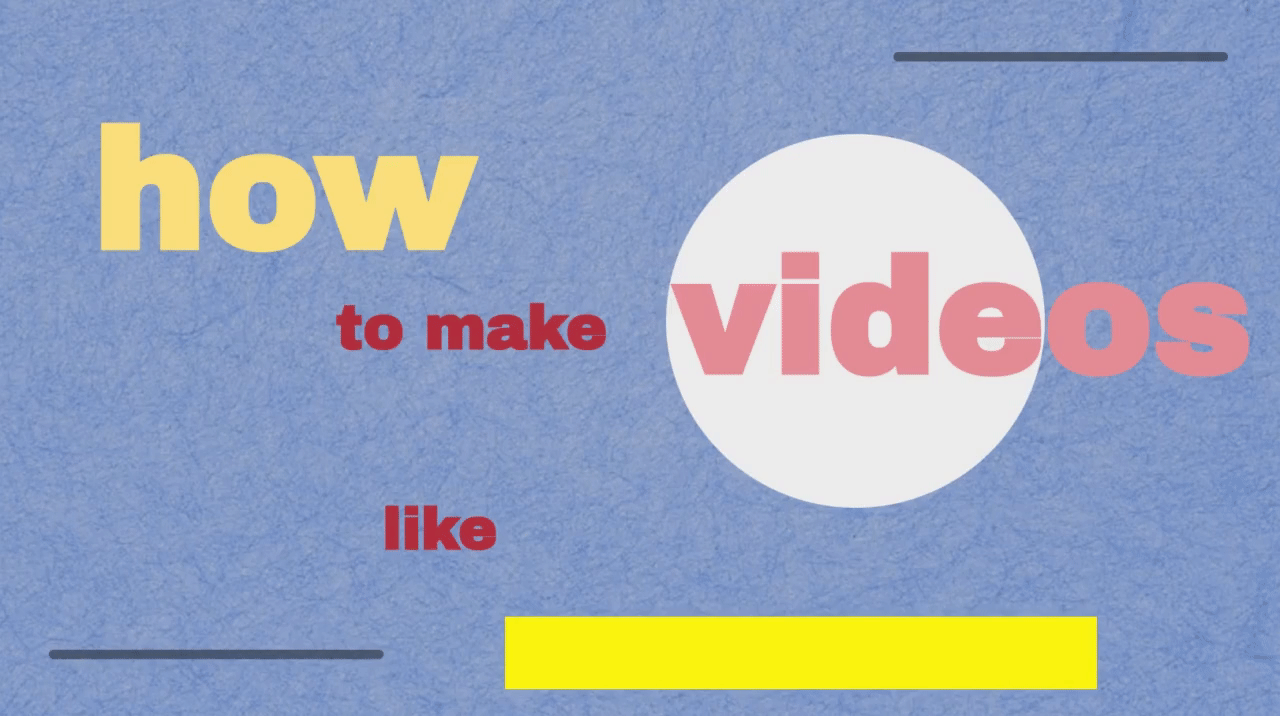

The cards are perpetually maintained as a form of "wiki page written by one person with a little attitude". To reuse work from authors prior to the relaunch in 2014, Vox creates "card stacks" in bright canary yellow that provide context and define terms within an article. Content Īccording to Vox 's founding editors, the site seeks to explain news by providing additional contextual information not usually found in traditional news sources.

A managing editor of The Atlantic at the time of her appointment, she was expected to assume the position in March 2021. Swati Sharma was named editor-in-chief in February 2021. While Vox had been founded with prominent journalists, Vox Media CEO Jim Bankoff said that their brands had mature, mainstream audiences that no longer relied on personalities. In late 2020, Klein, Williams, and Yglesias left the site. In September 2017, Klein published a post on Vox announcing that he was taking on a new role as editor-at-large, and that Lauren Williams, who joined Vox a few months after its founding, was the new editor-in-chief.
#VOX VIDEOS GOOD SERIES#
Elizabeth Plank was hired in 2016 as a political correspondent, and in 2017 launched her own series with Vox Media, called Divided States of Women. In June 2016, Vox suspended contributor Emmett Rensin for a series of tweets calling for anti-Trump riots, including one on June 3, 2016, that urged, "If Trump comes to your town, start a riot." The tweets drew attention after violent anti-Trump protests took place in San Jose, California, on the day of Rensin's tweet. Klein's opening editorial essay, "How politics makes us stupid", explained his distress about political polarization in the context of Yale Law School professor Dan Kahan's theories on how people protect themselves from information that conflicts with their core beliefs. Vox was launched on April 6, 2014, with Klein serving as editor-in-chief. The new site's 20-person staff was chosen for their expertise in topic areas and included Slate 's Matthew Yglesias, Melissa Bell, and Klein's colleagues from The Washington Post. Klein expected to "improve the technology of news" and build an online platform better equipped for making news understandable. From his new position, Klein worked towards establishing Vox, including hiring new journalists for the site. He described Vox Media as "a technology company that produces media" rather than its inverse, associated with "Old Media". The New York Times ' David Carr associated Klein's exit for Vox with other "big-name journalists" leaving newspapers for digital start-ups, such as Walter Mossberg and Kara Swisher (of Recode, which was later acquired by and integrated into Vox), David Pogue, and Nate Silver. When Klein attempted to launch a new site using funding from the newspaper's editors, his proposal was turned down and Klein subsequently left The Washington Post for a position with Vox Media, another communications company, in January 2014. Prior to founding Vox, Ezra Klein worked for The Washington Post as the head of Wonkblog, a public policy blog. Vox has been described as left-leaning and progressive. Vox's media presence also includes a YouTube channel, several podcasts, and a show presented on Netflix. The website was founded in April 2014 by Ezra Klein, Matt Yglesias, and Melissa Bell, and is noted for its concept of explanatory journalism. Vox (from Latin vōx 'voice') is an American news and opinion website owned by Vox Media.


 0 kommentar(er)
0 kommentar(er)
